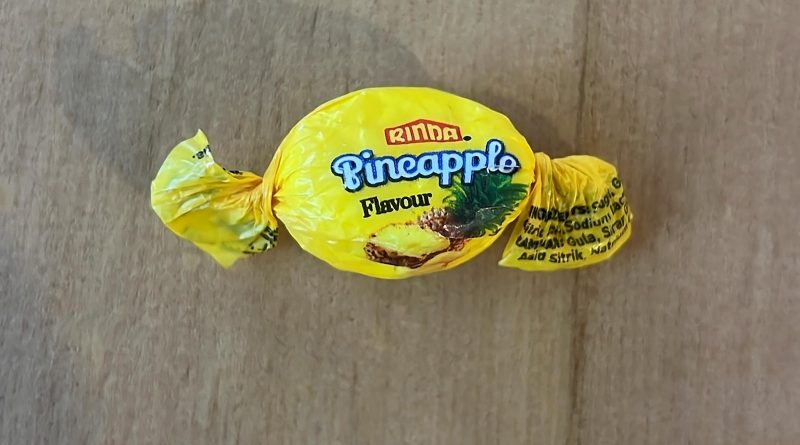Food bank unknowingly distributes meth-tainted candy with potentially lethal levels
WELLINGTON, New Zealand — An organization aiding homeless individuals in Auckland, New Zealand unknowingly distributed sweets filled with a potentially deadly amount of methamphetamine in its food parcels after the candies were gifted by a member of the community.
Auckland City Mission stated on Wednesday that employees had begun contacting up to 400 people to locate parcels that may contain the candies — which were solid blocks of methamphetamine disguised in candy wrappers. Three individuals were hospitalized after ingesting them, New Zealand authorities stated, but were later released.
The quantity of methamphetamine in each candy was up to 300 times the typical dose and could be fatal, according to the New Zealand Drug Foundation — a drug testing and policy group, which initially examined the candies.
Ben Birks Ang, a Foundation representative, mentioned that concealing drugs as harmless items was a common tactic for smuggling across borders and there might be more of the candies dispersed throughout New Zealand.
The candies had a significant market worth of NZ$ 1,000 ($608) per candy, indicating that the contribution by an unidentified member of the public was unintentional rather than a planned assault, Birks Ang explained.
The authorities’ “initial impressions” were that the incident was likely a failed smuggling operation, stated Detective Inspector Glenn Baldwin, but the scope and nature of the scheme were uncertain. Law enforcement has seized 16 of the candies, but do not know how many are in circulation, he noted.
The City Missioner, Helen Robinson, reported that eight families, including at least one child, had claimed to have consumed the tainted candies since Tuesday. The “disgusting” flavor led most individuals to immediately spit them out.
Robinson stated that the charity’s food bank exclusively accepts contributions of commercially manufactured food in sealed packaging. The pineapple candies, labeled with the branding of Malaysian company Rinda, “appeared as such when they were donated,” arriving in a retail-sized bag, she added.
Auckland City Mission was notified on Tuesday by a food bank customer who mentioned “odd-tasting” candy. Personnel sampled some of the remaining candies and promptly informed the authorities. One staff member was hospitalized after trying the sweet, Baldwin mentioned, adding that a child and a “young person” were also treated in hospital before being discharged.
The candies had been contributed sometime in the past six weeks, Robinson disclosed. It was unclear how many had been distributed during that period and how many contained methamphetamine.
Rinda mentioned in a written statement that the company had been made aware through New Zealand news reports that its candies “may have been misused” and would collaborate with authorities.
“We want to clarify that Rinda Food Industries does not utilize or endorse the use of any illicit substances in our products,” stated General Manager Steven Teh.
Methamphetamine is a potent, highly addictive stimulant that impacts the central nervous system. It appears as a white, scentless, bitter-tasting crystalline powder that readily dissolves in water or alcohol.

